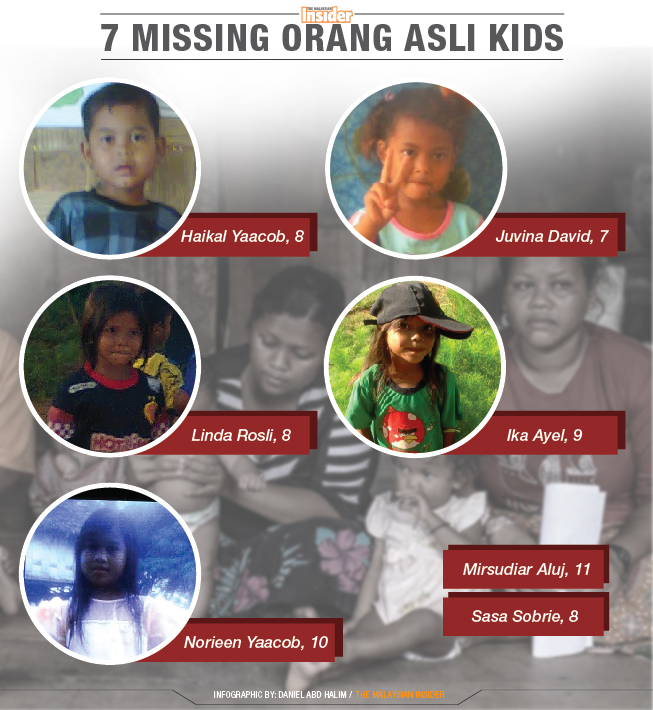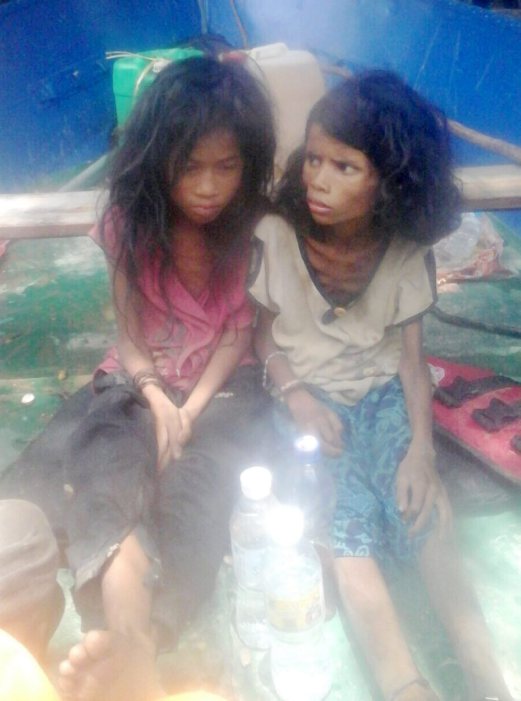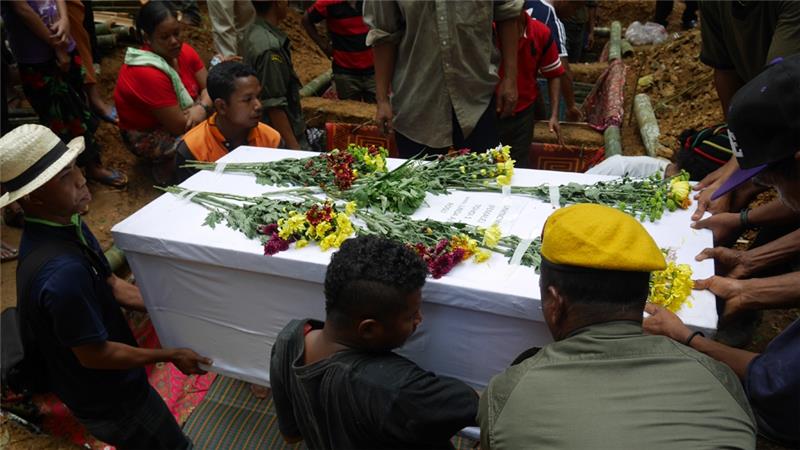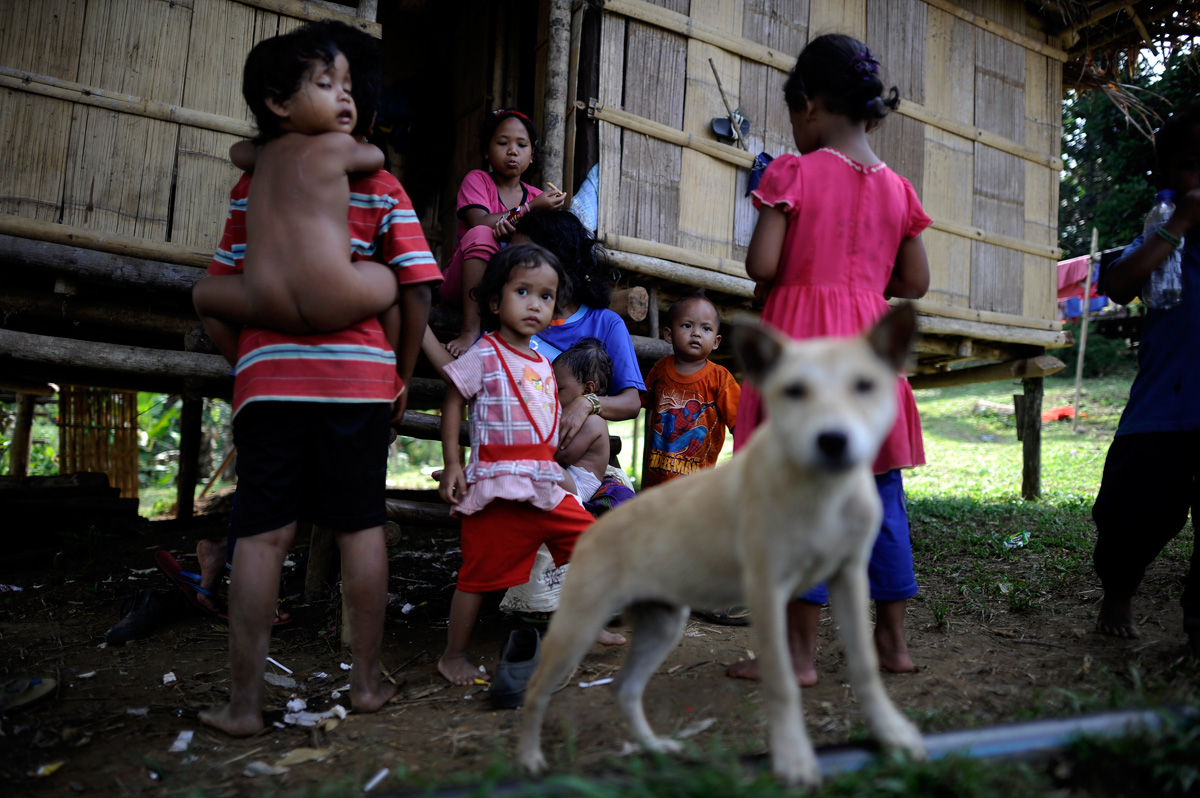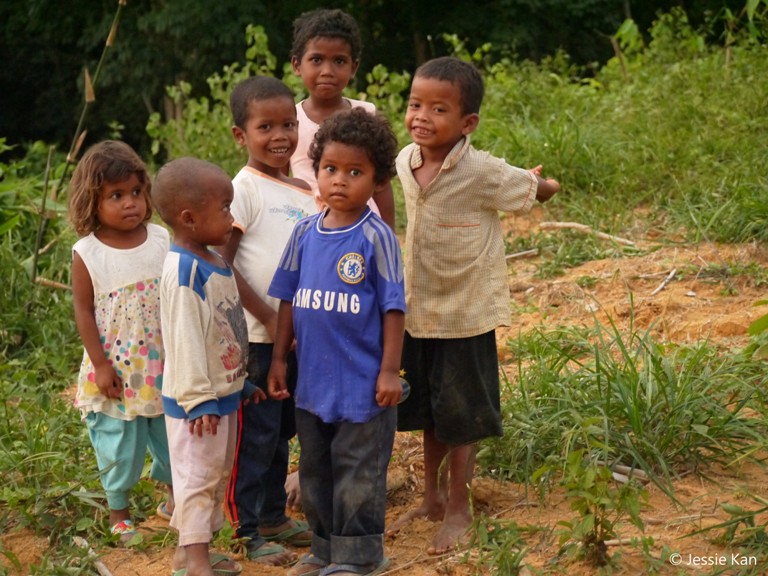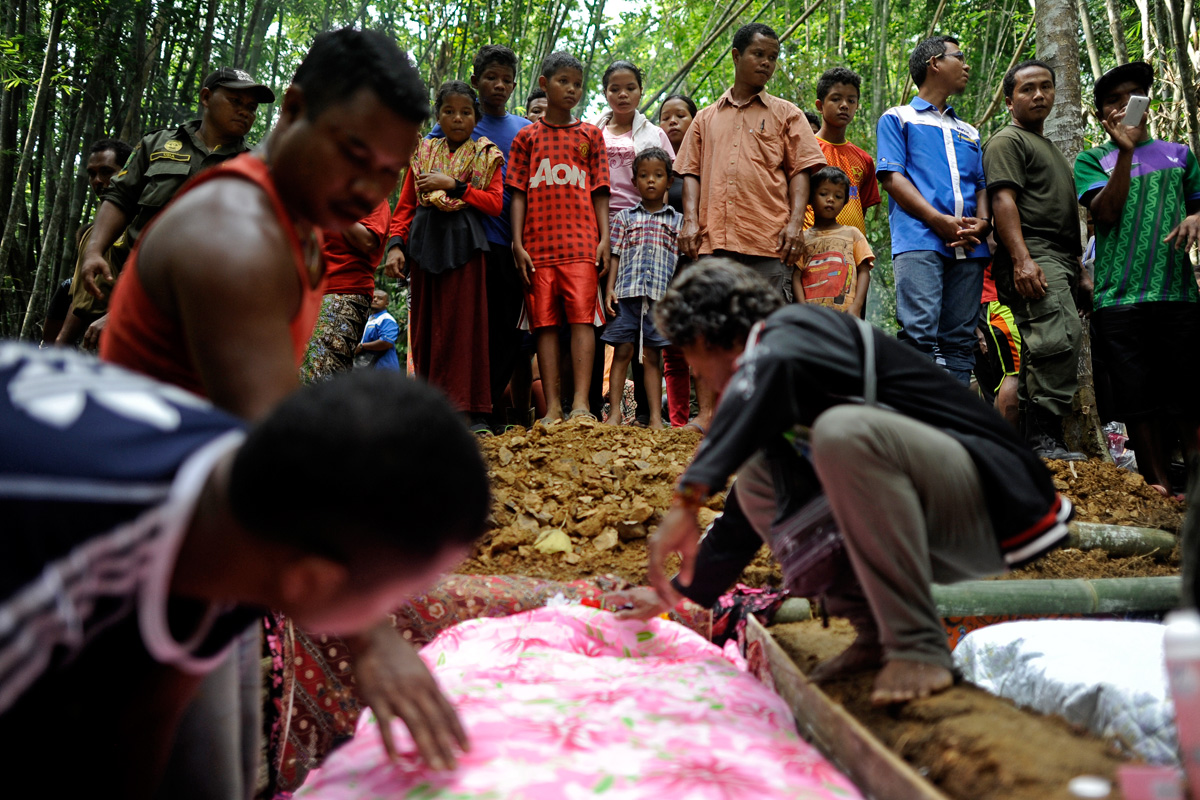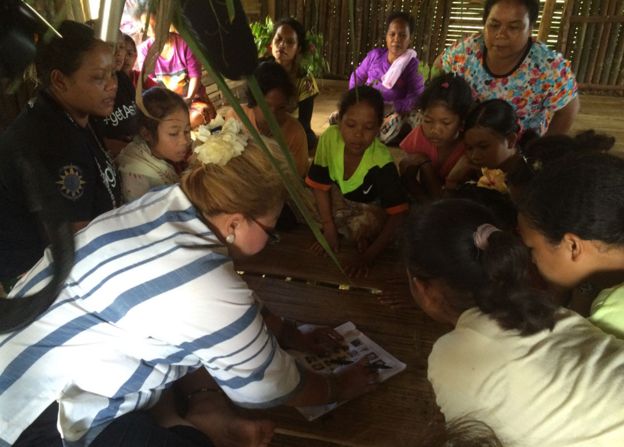Who Is Responsible For The Orang Asli Children Tragedy Of Pos Tohoi?
Months after the terrible incident, the Orang Asli community has been left with more questions than answers as to why their children went through the agonising ordeal.
On 23 August 2015, a nightmarish incident started when seven Orang Asli children went missing from their remote school in Gua Musang, Kelantan
Six girls and one boy – Juvina David, 7; Linda Rosli, 8; Haikal Yaakob, 8; Sasa Sobrie, 8; Ika Ayel, 9; Norieen Yaakob, 10 and Mirsudiar Aluj, 11. All of them were students of Sekolah Kebangsaan Tohoi in Gua Musang, Kelantan.
They were believed to have run into the forest surrounding their school after being warned of punishment by school teachers for swimming in a nearby river without permission.
After almost 50 days of extensive search and rescue by the authorities, the Department of Orang Asli Development (Jakoa) and the villagers, only two children were found alive, in terribly emaciated condition, on the verge of death
In the midst of the search, the family members of the missing children claimed that the authorities searched their homes in the middle of the night, accusing the families of hiding their own children.
Centre for Orang Asli Concerns (COAC) coordinator, Dr Colin Nicholas, criticised the authorities for only seeking the assistance of the orang asli trekkers 10 days after the search
The rest of the children were declared deceased after their decomposed bodies and skeletal remains were found and identified. Eight-year-old Sasa Sobrie, is the only girl who is yet to be found and is still presumed missing.
While the case has pretty much died down after the two survivors were found, foreign medias have been covering the case extensively, looking at how the Orang Asli families have been faring, following the tragedy that befell them
"Family members bury one of four Orang Asli children who were found dead in the jungles of Malaysia's Kelantan State"
Image via Al JazeeraPiercing wails slice through the stillness of the jungle, haunting cries that do not let up.
Grief-stricken mothers and fathers throw themselves over small coffins draped in white sheets.
One of the survivors, 10-year-old Norieen Yaakob, watched her younger brother and friends die, her mother, Midah binti Angah, says.
"The bodies decomposed slowly, one by one," says Midah. "They saw maggots coming out from their bodies. At night they were scared, they didn't sleep till the morning."
The parents of the deceased children have been left heartbroken, having lost their young children in the most unimaginable way and still unsure of what really drove the kids to flee from the very school that was meant to protect them
They decided to leave, they say, because some older children had been beaten by one of the teachers for swimming in the river and they feared they would be next. Norieen, her seven-year-old brother Haikal, Miksudiar, and four other girls aged between seven and nine all ran into the forest on the morning of 23 August.
The children chewed leaves but couldn't find much else to eat. The only fruit they could reach proved hard and indigestible.
Then Norieen's brother, Haikal, fell into the river as he was trying to drink and the other children were too weak to help him. "He just floated away," says his mother, Midah Angah. "Most likely he quickly drowned."
Meanwhile a seven-year-old girl, Juvina, broke her leg and could no longer walk. One evening she begged for food and the next morning Norieen woke up to find her lying dead next to her. Norieen took the younger girl to one side and covered her with leaves.
Meanwhile, reports have surfaced on how the Orang Asli children have been ill-treated by certain teachers in the local school, with some claiming to have been caned and hit for no particular reason
While corporal punishment of girls is not allowed in Malaysia, older students told Al Jazeera they were often hit and caned.
"They would punish them by making them hold tables and chairs over their heads under the hot sun," says Juhi binti Angah, a former student. "Sometimes they gave them stale food with worms inside."
An education ministry official who visited the school refused to comment on the case. However, in a statement the ministry said that schools for Orang Asli children were regularly monitored.
"No school is left behind from any means of monitoring to ensure its growth and success," the statement said.
Having lost faith in the school, following the unresolved incident, a large group of Orang Asli parents have refused to send their children to school, in fear of losing more of their kids to similar incidents
Most of the orang asli schoolchildren who attend SK Pos Tohoi are from Kg Penad and Kg Gawin. Travelling north of Pos Tohoi, via the old logging road, will take another hour to drive to Kg Penad, located 28km away.
thestar.com.mySince SK Pos Tohoi is the only school around the area and is located almost an hour away from the nearest Orang Asli villages, most of the children are forced to stay at the school's hostel in order to get an education.
"Are the lives of Orang Asli kids less worthy of protection than Malay, Chinese or Indian kids?" asked DAP supremo Lim Kit Siang, urging the government to take action against the ones responsible for this tragedy
“In the past seven weeks that the seven Orang Asli kids were missing, how many times did the Cabinet discuss the case – in fact, did the Cabinet ever discussed the case at all?
He suggested that if the seven missing schoolchildren had been of Malay, Chinese or Indian ethnicity who had disappeared for weeks, the government would have dispensed all its resources and launched a nationwide hunt to find and rescue them.
He pointed out that “this was not done in the case of the seven Orang Asli kids in the past seven weeks although they were in the 1km vicinity of the school”.
“That such a human disaster and tragedy can take place in Malaysia when we are just four years from wanting to join the rank of fully developed nations is to the eternal shame to Malaysia,” Lim said.
When asked by an Al Jazeera reporter on whether anyone has been reprimanded following the allegations of abuse by the Orang Asli children, a representative from the state education department merely said, "I am not in the position to comment."
The principal of SK Pos Tohoi, on the other hand, thinks that nobody is responsible for this incident, adding that no one wishes for any untoward incidents to happen to anyone.
"Will you send your own children to this school?" asked the reporter, to which the education ministry representative responded to by laughing.
However, JAKOA's director-general, Hasnan Hassan thinks that the Orang Asli community has been unappreciative despite all the assistance provided by the government
The government department in charge of taking care of the Orang Asli rejects these allegations.
"Whatever we do, it is never appreciated by the people," said Hasnan Hassan, the director general of the Department of Orang Asli Development.
With a budget of more than $80m last year, the department is responsible for everything from building infrastructure to providing healthcare for the tribe.
"When I took the helm of the post in 2014, I made sure that every single cent that is spent for the indigenous must be fully spent, must be fully utilised. No compromise about integrity. No compromise about corruption," he says.
"If we don't do anything to help them, to maintain their heritage and culture through education, we will eventually lose all Orang Asli," stressed Lawyer Siti Kasim, who has been championing the tragic plight of the indigenous community
Siti Kasim has long campaigned for the rights of the indigenous but says the situation has now reached a tipping point.
"If we don't do anything to help them, to maintain their heritage and culture through education, we will eventually lose all Orang Asli," says Siti, who is helping the tribe to take legal action over the children's deaths.
Midah, whose daughter remains traumatised by the deaths of her brother and friends, is committed to seeking justice.
"I want those people who are responsible for this to realise what they've done," she says.
Despite being one of the oldest inhabitants of this country, the Orang Asli community has been neglected and forgotten over the years, with many still living in decrepit conditions, below poverty level:
